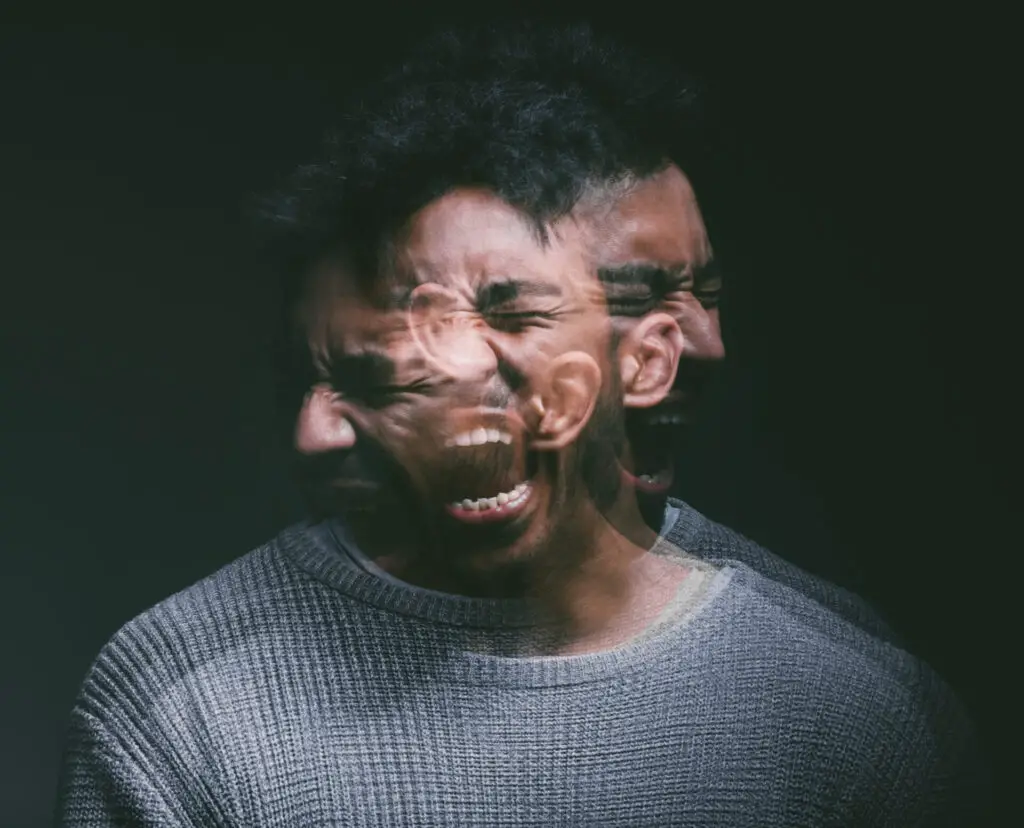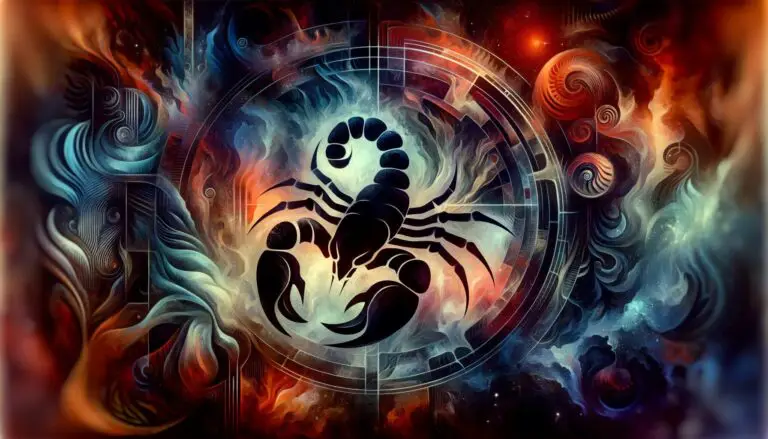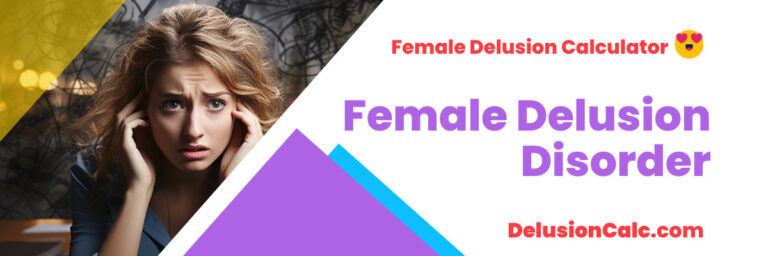Does a delusional person know they are delusional?
The concept of delusional self-awareness has long been a subject of fascination and debate among psychologists, psychiatrists, and philosophers. At the core of this discussion lies the question: does a delusional person know they are delusional?
This inquiry not only seeks to understand the nature of recognizing delusions but also explores how an individual’s insight into their mental state can impact their ability to navigate life.
The short answer is: NO, a delusional person does not recognize their delusions as false beliefs.
Delusions are fixed, false beliefs that persist despite evidence to the contrary. They often result from a distorted reality perception, which can be caused by various factors such as mental illness or substance abuse.

For those experiencing delusions, it is crucial to examine whether they possess any level of understanding about their condition. One perspective suggests that some individuals may have partial or complete insight into their delusions.
Prevalence of Delusions by Population
Population | Prevalence of Delusions | Source |
|---|---|---|
General Population (US) | 1 in 25 adults | National Institute of Mental Health (NIMH) |
Schizophrenia and Schizoaffective Disorder | 70-80% | Various research studies |
Depression | 10-20% | Various research studies |
Bipolar Disorder | 5-10% | Various research studies |
Anxiety Disorders | 5-10% | Various research studies |
In these cases, people might recognize that their beliefs are irrational or unsupported by evidence but still struggle with letting go of them due to emotional attachment or fear.
On the other hand, some remain entirely unaware of their delusion, firmly believing in its validity even when confronted with contradicting information.
The extent to which someone can acknowledge and confront their distorted reality perception plays a significant role in determining appropriate treatment options and coping strategies for dealing with delusions.

Delusional Person Self-Awareness
Key to Recognizing Delusions is the ability of an individual to recognize that their beliefs or perceptions may be distorted or not based on reality.
This insight into one’s thoughts and feelings can be crucial in understanding delusion and seeking appropriate treatment. However, many individuals with delusions lack this self-awareness, making recognising their distorted reality perception difficult.

Several factors contribute to a person’s level of delusional self-awareness, including the severity of the delusion, cognitive functioning, and emotional state.
By exploring these factors and how they impact a person’s ability to recognize their delusions, we can better understand why some individuals remain unaware of their distorted reality perception.
The Role of Cognitive Functioning in Delusional Person Self-Awareness
Cognitive functioning plays a significant role in an individual’s ability to have insight into their delusions. A person with higher cognitive abilities may be more likely to question their beliefs’ validity and seek evidence that supports or contradicts them.
Conversely, those with lower cognitive abilities may struggle to evaluate the accuracy of their beliefs critically, leading them to remain unaware of their delusion.
Understanding Delusion: The Importance of Insight into Delusions
Insight into one’s mental health is essential for effectively recognizing and addressing issues such as delusions.
Individuals who possess insight into their condition are more likely to seek help from mental health professionals and engage in treatment strategies designed to address the underlying causes of their distorted reality perception.
Insight into Delusions by Population
Population | Percentage with Insight | Source |
|---|---|---|
Individuals with Delusions | 20-50% | Various research studies |
Schizophrenia and Schizoaffective Disorder | 30-40% | Various research studies |
Benefits of Insight
Benefit | Description |
|---|---|
Seeking appropriate treatment | Increased awareness can motivate individuals to seek help. |
Improved self-awareness | Better understanding of thoughts and feelings can lead to improved coping mechanisms. |
Stronger relationships | Insight can facilitate stronger and healthier relationships with loved ones. |
Better quality of life | Improved self-awareness and management of delusions can contribute to a better overall quality of life. |
In contrast, those who lack insight may resist efforts by others to help them understand that they are experiencing a delusion.
This resistance can make it challenging for mental health professionals and loved ones to support and treat individuals struggling with delusions.
Factors That Influence Insight into Delusions
Factor | Description |
|---|---|
Nature and severity of delusion | More bizarre or complex delusions may be more difficult to recognize as false. |
Cognitive functioning | Individuals with higher cognitive abilities may be more likely to have insight into their delusions. |
Co-occurring mental health conditions | Conditions such as depression or anxiety may impair an individual’s judgment and make it harder to recognize distorted thoughts. |
Social support | Having a strong support system can be helpful in providing feedback and encouraging individuals to seek help. |
Treatment interventions | Psychotherapy and medication can improve insight by addressing the underlying causes of delusions and promoting critical thinking skills. |
Unaware of Delusion
Individuals unaware of their delusion face several challenges in recognizing that they are experiencing a distorted reality perception.
These challenges often stem from the nature of the delusion itself, which may cause them to:
- Misinterpret evidence that contradicts their beliefs as further proof of the validity of their delusion.
- Dismiss concerns from loved ones or mental health professionals about the accuracy of their beliefs.
- Avoid situations or experiences that could challenge their belief system.
These factors can create a cycle where individuals become increasingly entrenched in their distorted reality perception, making it even more difficult to recognize that they are experiencing a delusion.
Challenges in Recognizing Distorted Reality Perception
Challenge | Description |
|---|---|
Delusions feel real and convincing | The individual experiencing delusions may not question their validity. |
Fear of judgment or disbelief | Individuals may be afraid to seek help or discuss their delusions. |
Cultural beliefs and stigma | Societal stigma and cultural beliefs can make it difficult to recognize and address delusions. |
Treatment Strategies for Improving Delusional Self-Awareness
Treating individuals who lack awareness of their delusions requires a tailored approach to address the underlying causes of the distorted reality perception and improve self-awareness.

Some common treatment strategies include:
- Psychotherapy: Cognitive-behavioral therapy (CBT) and other forms of psychotherapy can help individuals explore the roots of their delusions and develop coping strategies for managing them.
- Medication: Antipsychotic medications may be prescribed to help reduce the severity of delusions and improve overall functioning.
- Family education and support: Educating loved ones about delusions and providing them with tools to support the individual in treatment can be crucial in helping someone gain insight into their condition.
They address the underlying causes of a person’s distorted reality perception and improve self-awareness. Mental health professionals can help individuals recognize their delusions and take steps towards recovery.
Frequently Asked Questions
1. Can a delusional person have self-awareness about their delusions?
A delusional person can have some degree of self-awareness about their delusions, but it is uncommon.
Most individuals experiencing delusions lack insight into the irrational nature of their beliefs and cannot recognize that they are distorted or false. However, there are cases where people with delusions may question the validity of their thoughts or seek help from others.
2. How can someone with delusions start recognizing them as such?
Recognizing delusions can be challenging for someone experiencing them because they often feel completely real and convincing. However, some strategies might help in recognizing these false beliefs:
- Seeking feedback from trusted friends or family members
- Comparing one’s beliefs with objective evidence or facts
- Identifying patterns in thinking that may contribute to the development of delusions
- Engaging in therapy or counselling to gain insight into thought processes
It’s important to note that gaining awareness and understanding of one’s delusion can be gradual and require professional support.
3. Is it common for people with delusions to have an understanding of their condition?
In most cases, people with delusions do not clearly understand their condition due to the nature of the symptoms themselves. Delusional thoughts often feel entirely real and rational, making it difficult for individuals to recognize them as false beliefs.
This lack of insight into their mental state is one reason why treating delusional person disorders can be particularly challenging.
4. What factors influence an individual’s ability to gain insight into their delusions?
Several factors can influence a person’s ability to gain insight into their delusions, including:
- The severity and type of delusion: Some delusions may be more easily recognized as irrational than others.
- The presence of other mental health conditions: Co-occurring disorders such as depression or anxiety may impact an individual’s ability to recognize their distorted thinking patterns.
- Social support: Having supportive friends and family members who can provide objective feedback on one’s thoughts and beliefs can help gain insight into delusions.
- Professional help: Engaging in therapy or counselling with a mental health professional experienced in treating delusional person disorders can significantly improve self-awareness and understanding.
5. Why do some people remain unaware of their delusion despite evidence contradicting it?
Yes, the brain’s processing and interpretation of information can reinforce delusions, and the individual’s lack of insight into their mental state can prevent them from recognizing the false nature of their beliefs despite contradictory evidence.
Conclusion
Delusions, by their very nature, involve a distorted reality perception, making it difficult for an individual to have self-awareness about their condition. However, this is not always the case.
Some individuals may have moments of clarity or periods where they gain insight into their delusions.
Various factors, such as the severity and type of delusion and external interventions like therapy or medication, can influence this. It’s important to remember that each person’s experience with delusions is unique and complex.
Ultimately, recognizing and understanding one’s delusion can be challenging due to the inherent nature of these false beliefs. For those who gain some awareness, it can be an essential step towards seeking help and finding ways to manage their distorted perceptions.







